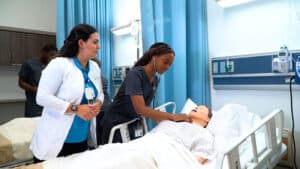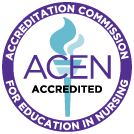
Yes, you can become an ER nurse with an Associate Degree in Nursing (ADN). This is a common and practical pathway for many aspiring nurses who want to work in the fast-paced and rewarding environment of emergency care. Let’s explore how this is possible and what steps you can take to start your career as an ER nurse.
What Does an ER Nurse Do?
ER nurses are the backbone of emergency departments, providing critical care to patients with a wide range of conditions, from minor injuries to life-threatening emergencies. Responsibilities include:
- Rapidly assessing patients’ conditions and prioritizing care.
- Administering medications and performing medical procedures under pressure.
- Collaborating with doctors and other healthcare professionals to stabilize patients.
- Offering emotional support to patients and their families during stressful situations.
The role requires quick thinking, adaptability, and the ability to handle high-pressure situations, making it both challenging and rewarding.
How an Associate’s Degree Prepares You for ER Nursing
An ADN program equips students with the essential knowledge and skills needed to excel as an RN in emergency settings. Core components of an ADN program include:
- Foundational Nursing Education: Courses in anatomy, pharmacology, and patient care.
- Clinical Rotations: Hands-on experience in various healthcare settings, including emergency departments.
After completing the program, ADN graduates are eligible to take the NCLEX-RN, the licensure exam required to practice as a Registered Nurse.
Why Getting an ADN Is a Common Pathway to ER Nursing
Many nurses choose the ADN route because it’s a faster and more affordable way to enter the nursing profession. For example, FVI’s ADN program takes 22 months (less than 2 years), allowing graduates to begin working sooner. Additionally, ADN RNs can pursue further education, such as an RN-to-BSN program, while gaining valuable experience in the field.
Emergency departments often hire ADN-prepared RNs due to the high demand for skilled nurses in this setting.
Steps to Becoming an ER Nurse With an ADN
Enroll in an Accredited ADN Program
Begin by researching accredited programs, such as the 22-month ADN program offered by FVI School of Nursing and Technology. These programs provide the education and clinical experience needed to launch your nursing career.
Pass the NCLEX-RN Exam
Successfully passing the National Council Licensure Examination for Registered Nurses (NCLEX-RN) is the next step to becoming a licensed RN.
Gain Experience in Nursing
Many ERs hire newly licensed RNs, but gaining general nursing experience can strengthen your skills and confidence.
Consider Specialty Certifications
Additional certifications, such as Advanced Cardiovascular Life Support (ACLS) and Trauma Nursing Core Course (TNCC), can boost your qualifications for working in emergency departments.
Career Prospects
RNs, including those with an ADN, are in high demand across the country, especially in emergency care. According to the Bureau of Labor Statistics, employment for RNs is expected to grow steadily over the coming decade. ER nurses often have opportunities to advance their careers by pursuing leadership roles or specializing in areas like pediatric or critical care.
With competitive salaries and a wide range of opportunities, becoming an ER nurse is an excellent choice for those passionate about healthcare.
Start Your Nursing Career Now
Becoming an ER nurse with an Associate Degree in Nursing is a rewarding and achievable goal. If you’re ready to take the first step toward this dynamic career, apply now and explore how FVI’s nursing programs in South Florida can help you succeed. Study at FVI’s nursing program in Miami or nursing program in Miramar.









